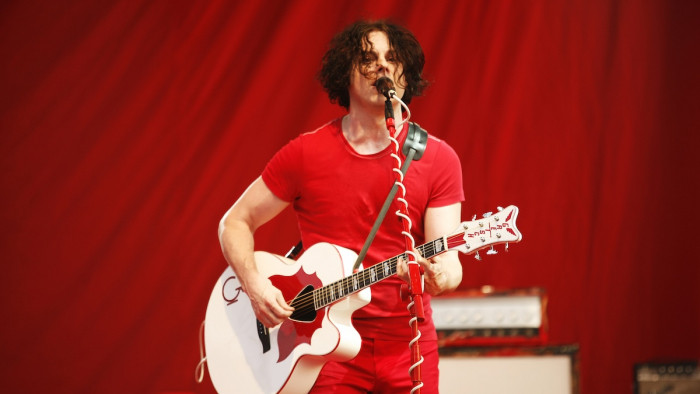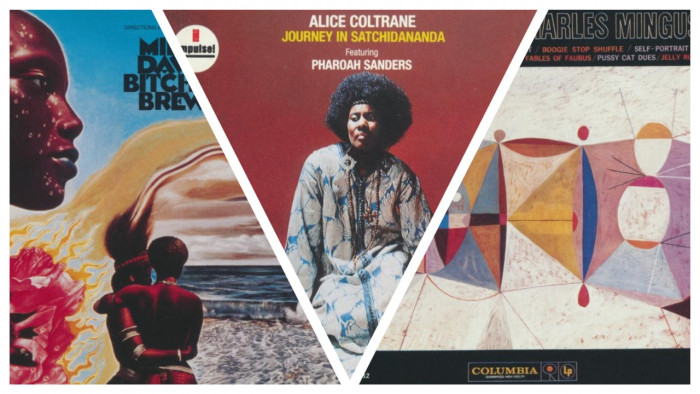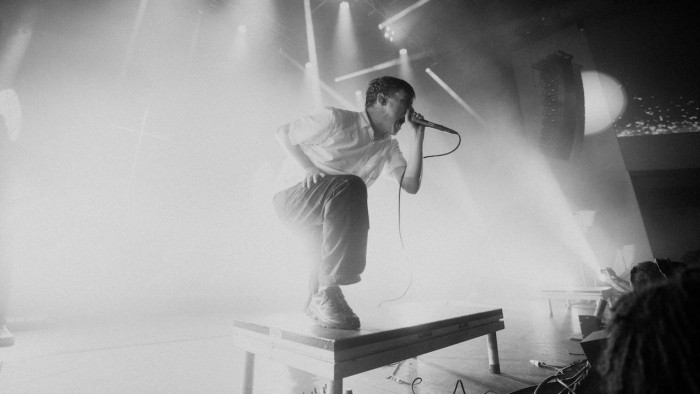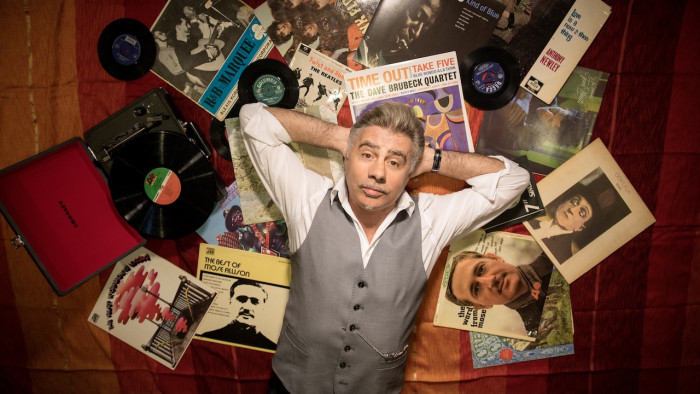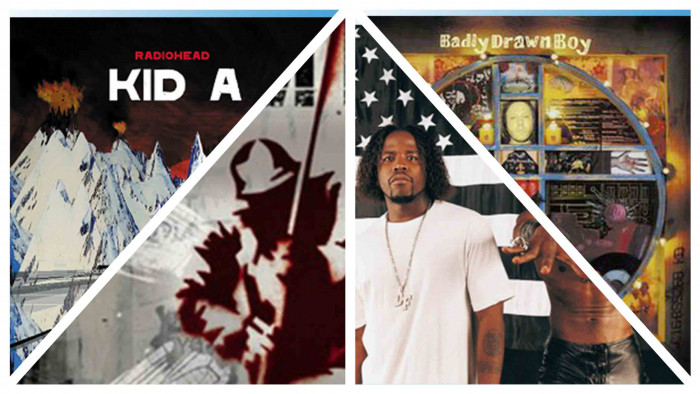Author John Niven pays ode to The Starman

I came quite late to loving David Bowie. Of course I’d heard him throughout my teens, but this was the mid-Eighties and he was in his full Let’s Dance period of commercial success, a period he later described as a “creative and artistic nadir” (and, man, looking back, how many artists would sell a kidney to be able to describe something like Let’s Dance as a nadir?). Anyway, I was a young punk, not too inclined towards tuxedos, bleached hair and gigantic snare sounds.
Then I went to Glasgow University, where I shared a room with my friend Alan. Alan, it turned out, loved Bowie. We had a ritual: when we went to our beds at night we’d put a side of an album on to send us off to sleep, taking turns to choose the record. Alan would often go for Bowie, more often than not for Hunky Dory, his favourite album. More often than not, for side two of Hunky Dory.
Now, Alan was one of those people who could just go to bed and go to sleep immediately. This is a superpower I do not have. So it would be me who was still lying awake in that big Victorian room – with its dimpled gas fire, swirly patterned carpet and the sound of Alan’s snoring – nearly 30 minutes later as The Bewlay Brothers ground its way to a climax.

I could not believe the Let’s Dance guy wrote this song. I was staggered by its musical and lyrical complexity (“I was stone and he was wax so he could scream and still relax, unbelievable”). With most artists you come to love there has to be a gateway track, and here was mine. From there I went on to explore the whole catalogue and it became part of the fabric of my musical life – as it was for so many people…
This week and a half, the outpouring of grief on social media has felt unprecedented in my lifetime. He was not young, yet not so very old either. It was perhaps more than anything the fact that he seemed so far from finished artistically, that he had only released a new and critically lauded record the week before, a record we now know he made in the full and frank knowledge of his imminent death.
As writer Graeme Thomson pointed out on Twitter, in perhaps the best-phrased comment of that dreadful morning, “We were so thrilled to have him back we failed to notice he was saying goodbye.”
And then, right at the end of that day, came something I was completely unprepared for. A music business friend in New York forwarded me an email. In it he said :“It would have been wrong to have sent this on at the time, but on this very sad day I thought you should see it…”
I read down. He had forwarded on an email that said “Have you read Kill Your Friends by John Niven? Mad, funny, music biz novel.” That was all. It was from David Bowie (who my friend knew personally) and was dated 15 November 2015. David Bowie – reading one of my novels and finding it funny. David Bowie – taking the time to email a friend to recommend it. David Bowie who, at that point, had seven weeks left to live.
And, yes, I know the grief police of the internet are already in high dudgeon about people indulging in overt displays of emotion for a man they never knew personally, and, no, I am not a sentimental man, but at this point I thought of Alan and me 30 years ago, teenagers in a cold Glasgow flat, lying in our beds in the dark, listening to Hunky Dory. And I broke down at my desk and cried.
Of course we do not just weep for the star we didn’t know. If you are of a certain age, you weep because it reminds you of all the people you have already lost. It reminds you of all the people you will soon lose. If you have children, it reminds you of the fact that one day they will lose you. Death smiles at us all, as they say.
If Death has the brass balls to come for someone who lived as fearlessly – who was creating with such life force right up until the end – as David Bowie then, dear God, what will Death do with the rest of us?
(Images: Jimmy King; Rex)


